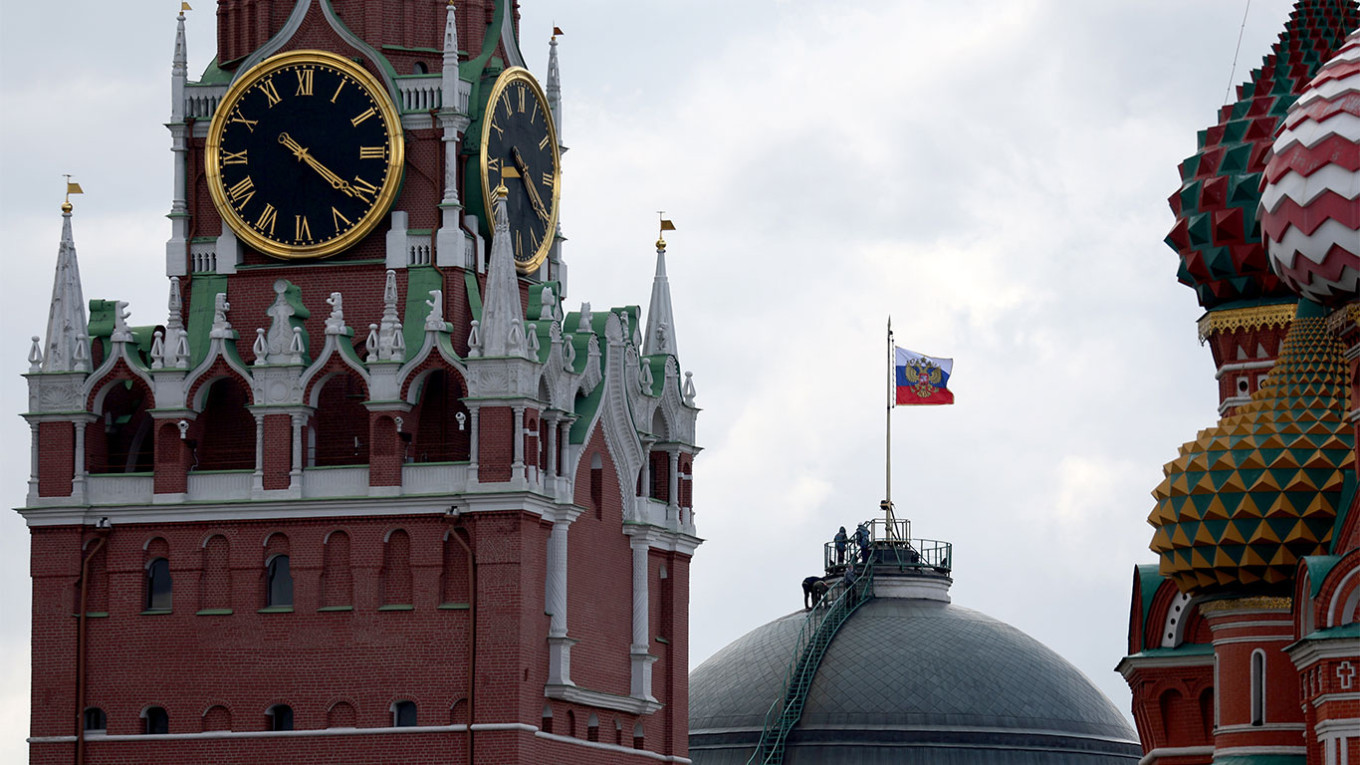
MOSCOW, Dec 7 (NNN-AGENCIES) — Russian lawmakers on Thursday set the date of the country’s 2024 presidential election for March 17, moving Pres Vladimir Putin a step closer to a fifth term in office.
Members of the Federation Council, Russia’s upper house of parliament, voted unanimously to approve a decree setting the date.
“In essence, this decision marks the start of the election campaign,” said Valentina Matviyenko, speaker of the Federation Council. Russia’s central election commission is to hold a meeting on the presidential campaign on Friday.
Putin, 71, hasn’t yet announced his intention to run again, but is widely expected to do so in the coming days now that the date has been set.
Under constitutional reforms he orchestrated, he is eligible to seek two more six-year terms after his current one expires next year, potentially allowing him to remain in power until 2036.
Having established tight control over Russia’s political system, Putin’s victory in the March election is all but assured. Prominent critics who could challenge him on the ballot are either in jail or living abroad, and most independent media have been banned.
Neither the costly, drawn-out war in Ukraine, nor a failed rebellion last summer by mercenary chief Yevgeny Prigozhin appear to have affected his high approval ratings reported by independent pollsters.
Who would challenge him on the ballot remains unclear. Two people have announced plans to run: former lawmaker Boris Nadezhdin, who holds a seat on a municipal council in the Moscow region, and Yekaterina Duntsova, a journalist and lawyer from the Tver region north of Moscow, who once was a member of a local legislature.
Allies of Igor Strelkov, a jailed hard-line nationalist who accused Putin of weakness and indecision in Ukraine, have cited his ambitions to run as well, but extremism charges levied against him by the Russian authorities render his candidacy unlikely.
Strelkov, a retired security officer who led Moscow-backed separatists in eastern Ukraine in 2014 and was convicted of murder in the Netherlands for his role in the downing of a Malaysia Airlines passenger jet that year, has criticized Putin as a “nonentity” and a “cowardly mediocrity.” He was arrested in July and has remained behind bars ever since. He is facing five years in prison if convicted.
For Nadezhdin and Duntsova, getting on the ballot could be an uphill battle. Unless one of five political parties that have seats in the State Duma, Russia’s lower house, nominates them as their candidate, they would have to gather tens of thousands of signatures across multiple regions.
According to Russian election laws, candidates put forward by a party that is not represented in the State Duma or in at least a third of regional legislatures have to submit at least 100,000 signatures from 40 or more regions. Those running independently of any party would need a minimum of 300,000 signatures from 40 regions or more.
Those requirements apply to Putin as well, who has used different tactics over the years. He ran as an independent in 2018 and his campaign gathered signatures. In 2012, he ran as a nominee of the Kremlin’s United Russia party, so there was no need to gather signatures.
The central election commission plans online voting in addition to traditional paper ballots in about 30 Russian regions and is considering stretching the voting across three days -– a practice that was adopted during the pandemic and widely criticized by independent election monitors. — NNN-AGENCIES
